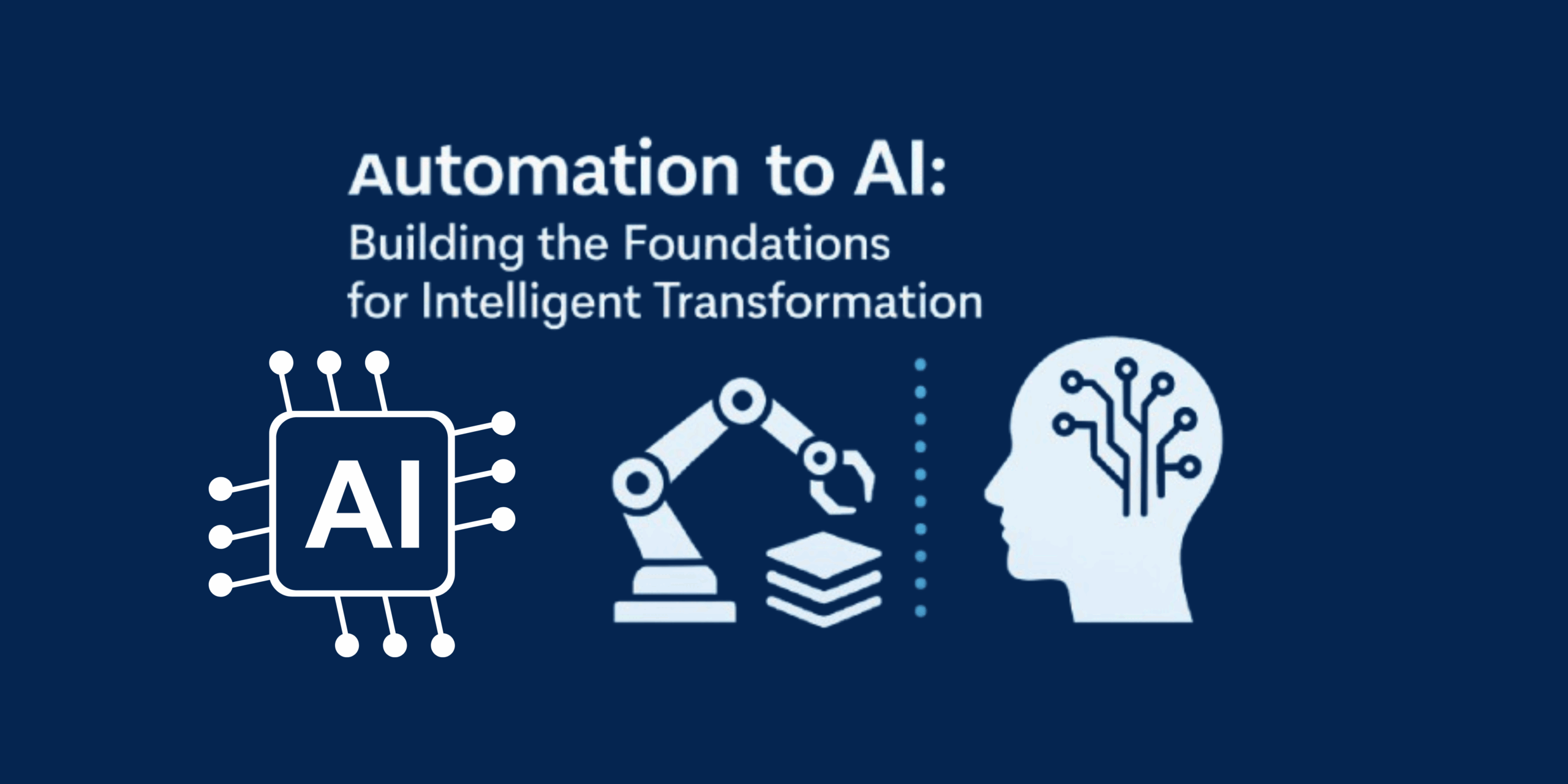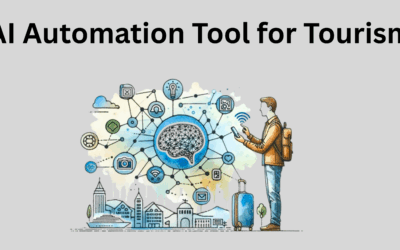Discover how intelligent automation tools transform modern businesses by streamlining operations, reducing costs, and enhancing decision-making through AI-driven technology and smart process automation.
Introduction
In today’s fast-paced digital world, intelligent automation tools have become essential for streamlining operations and enhancing productivity across industries. These tools combine technologies such as robotic process automation (RPA), artificial intelligence (AI), and machine learning (ML) to create smarter, more adaptive systems.
Intelligent automation is more than automating routine tasks—it enables businesses to make data-driven decisions, reduce manual errors, and improve customer experiences.
As companies strive for digital transformation, intelligent process automation tools and smart process automation platforms are helping enterprises meet modern demands. These technologies go beyond simple automation by integrating cognitive capabilities, allowing systems to learn, reason, and self-correct over time. Whether you’re a large or small enterprise, leveraging the right intelligent automation software can provide a significant competitive advantage.
The Evolution of Intelligent Automation: Key Technologies and Innovations
Rapid advancements in AI, natural language processing, and data analytics have driven the journey from basic computer automation to intelligent automation technology. Early automation tools were limited to repetitive, rule-based tasks. However, the emergence of intelligent automation solutions now allows machines to handle more complex, decision-based processes.
Modern intelligent automation platforms integrate RPA with AI technologies to perform tasks such as document processing, customer support, fraud detection, and data entry. These platforms utilize intelligent tools to analyze large datasets, recognize patterns, and respond to dynamic scenarios. The evolution has also given rise to specialized intelligent process automation software, which focuses on enhancing end-to-end business operations.
AI-powered chatbots, automated invoice processing systems, and smart workflow engines are examples of intelligent automation. The instances above demonstrate how intelligent automation tools transform manufacturing, retail, healthcare, and financial sectors.
Benefits of Intelligent Automation Tools: Enhancing Efficiency and Reducing Costs
The adoption of intelligent automation strategies offers several tangible benefits for businesses. One of the most prominent advantages is operational efficiency. Automating repetitive and time-consuming operations allows companies to manage resources better and reduce processing times. This results in significant cost reductions as well as increased productivity.
Intelligent automation tools also enhance accuracy by minimizing human errors. Precision is critical in sectors such as finance and healthcare, which can lead to improved compliance and better outcomes. Additionally, the scalability of intelligent automation solutions allows organizations to handle growing workloads without proportionally increasing headcount.
Another key benefit is improved decision-making. With intelligent tools analyzing data in real time, businesses can gain actionable insights that drive smarter strategies. Enhanced customer experiences are another byproduct, as intelligent automation platforms can quickly respond to customer inquiries, personalize services, and ensure faster resolution times.
Strategic Implementation: Steps to Successfully Integrate Intelligent Automation
Businesses need a clear roadmap for a successful transition to intelligent automation. The initial phase involves determining appropriate use cases where automation will have the most influence. These include finance, HR, customer service, and supply chain operations. Once use cases are identified, selecting the right intelligent automation tool becomes crucial.
Organizations should consider platforms that offer flexibility, integration capabilities, and robust security features. A reliable intelligent process automation tool will support structured and unstructured data processing, enabling automation across diverse processes. Businesses may also consult a smart automation consultant to guide strategy and execution.
Change management is another important aspect. Employees should be trained to work alongside intelligent automation software and have a clear communication plan to ease adoption. A phased implementation approach ensures smoother transitions and better control over outcomes.
Best Practices for Leveraging Intelligent Automation Tools in Your Operations
Businesses should follow industry best practices to maximize the value of intelligent automation technologies. First, it’s essential to align automation initiatives with overall business goals. Whether the objective is cost reduction, faster turnaround times, or improved accuracy, a targeted intelligent automation strategy is key.
Regular performance monitoring is vital. Businesses should track metrics such as processing speed, error rates, and user satisfaction to evaluate the effectiveness of their intelligent automation tools. Investing in a scalable, intelligent automation platform ensures long-term flexibility and adaptability to evolving business needs.
Another best practice is integrating intelligent process automation software with other enterprise systems such as CRM and ERP. This creates a seamless digital ecosystem that enhances data flow and enables end-to-end automation. Businesses should also stay updated on the latest intelligent automation technologies to refine their approach continuously.
Examples of intelligent automation success stories include companies that reduced invoice processing times by 80% or improved customer support response rates with AI-powered chatbots. These real-world cases demonstrate the transformative power of smart automation.
Future Outlook: Trends Shaping the Growth of Intelligent Automation
The future of intelligent automation looks promising, with several trends poised to accelerate its adoption. One key trend is the rise of low-code and no-code platforms, allowing business users to create automated workflows without extensive programming knowledge. This democratization of automation opens doors for wider participation across organizations.
Another emerging trend is the integration of generative AI into intelligent automation platforms. With capabilities like natural language generation and predictive analytics, generative AI enhances the scope of automation tools. The convergence of AI, machine learning, and robotic process automation shapes next-generation intelligent solutions.
Another area of growth is industry-specific automation. Tailored intelligent automation software is being developed to meet the unique needs of sectors like banking, insurance, and healthcare. As organizations focus more on sustainability and efficiency, automation will be vital in driving eco-friendly operations.
With increasing demand, the market for intelligent process automation tools is expected to grow rapidly. According to recent industry reports, the global intelligent automation market is projected to surpass $20 billion by 2027, reflecting the strategic importance of these technologies.
Conclusion
In summary, intelligent automation tools are transforming how businesses operate by combining the power of AI and automation. The benefits are clear, from reducing costs to improving service quality. Investing in intelligent automation platforms and strategies will be essential as companies embrace digital transformation.
With a wide array of solutions available—from intelligent process automation software to smart process automation tools—organizations can find the right fit for their needs. Whether you’re just starting or looking to scale, the time to adopt intelligent automation is now. A deliberate step toward operations that are prepared for the future, it goes beyond a simple technology update.
As businesses plan for the future, embracing intelligent automation solutions will help them stay competitive, agile, and prepared for future challenges.
FAQS
1. What is intelligent automation?
A. Intelligent automation combines artificial intelligence (AI) and robotic process automation (RPA) to improve decision-making, increase efficiency, and streamline intricate business processes.
2. How do intelligent automation tools benefit businesses?
A. They help reduce costs, minimize errors, enhance productivity, speed up workflows, and improve customer experiences by automating routine and data-driven tasks.
3. Can small businesses use intelligent automation tools?
A. Traditional automation follows fixed rules to perform repetitive tasks, while intelligent automation adds cognitive abilities like learning, reasoning, and decision-making through AI.
4. Describe some examples of ingenious automating techniques.
A. Examples include AI-powered chatbots, automated invoice processing, smart workflow management, and predictive analytics platforms.
5. What is the difference between robotic process automation and intelligent automation?
A. RPA automates rule-based tasks, while intelligent automation includes RPA plus AI capabilities to handle more complex, decision-based processes.



0 Comments